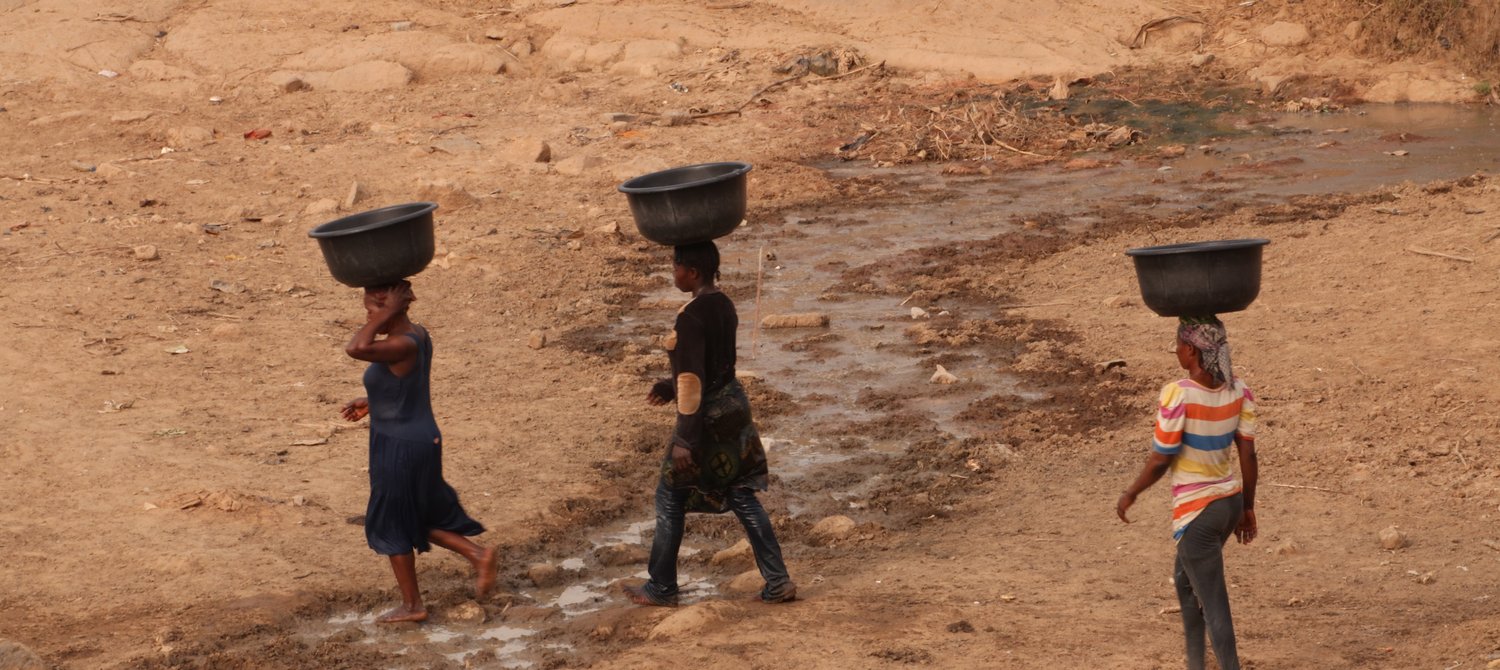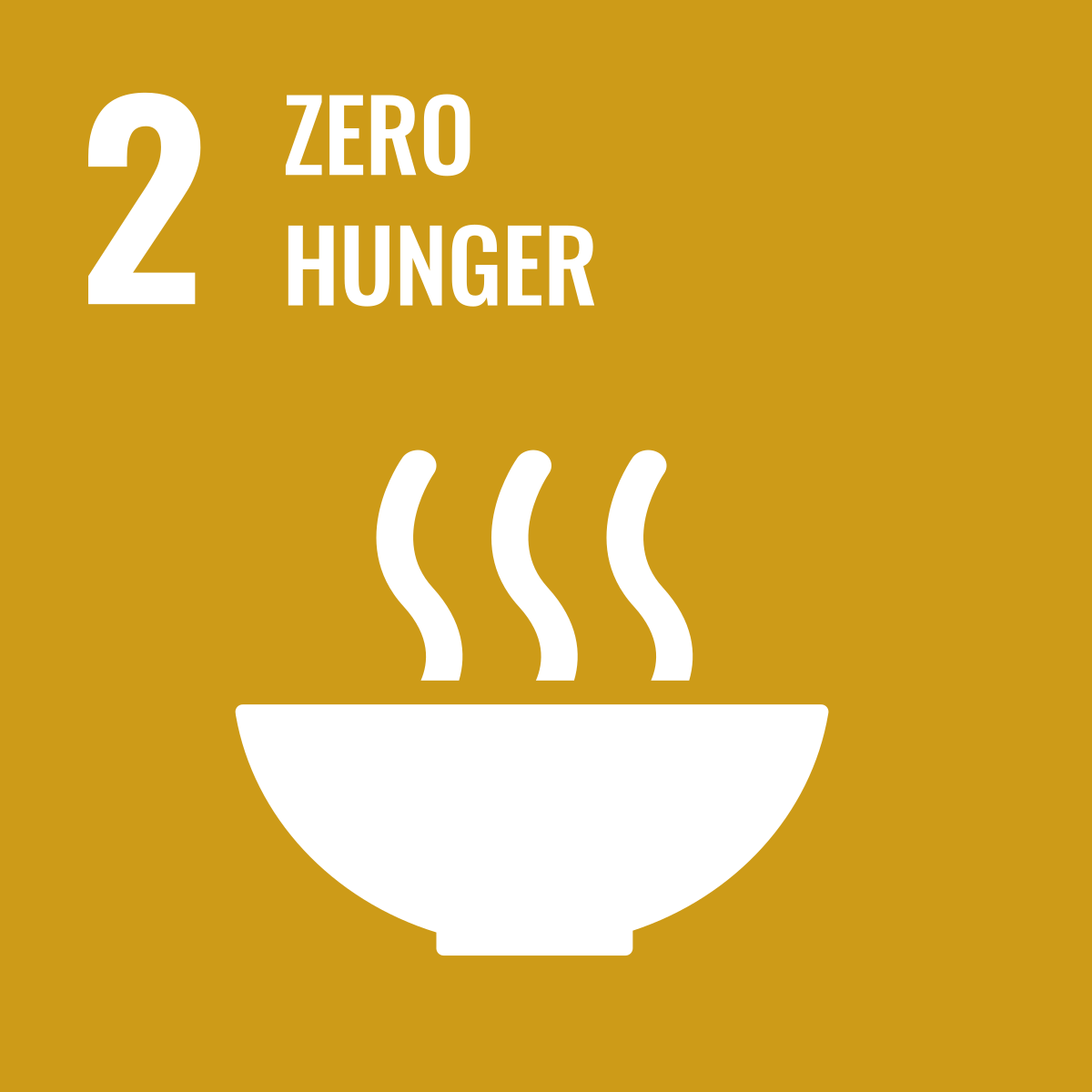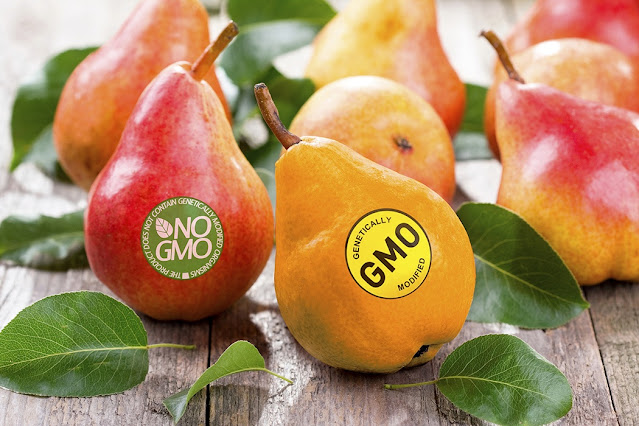Introduction: Why Water and Food in Africa?
Water and food in Africa is a topic often discussed in the media - particularly the focus on problems such as scarcity, famine and drought. This is often as a result of Western media representations that generalise and form stereotypes around these two notions as highlighted in the satirical article written by Wainaina. However, Africa is not just about the one-sided media portrayals from the West, but about the complexity of factors including environmental, political and economic discussions. More importantly, it is about achieving the right to basic necessities for every human being. As a result, the following blog posts will aim to present various topics and discussions by drawing upon examples from different nations in Africa.
Why water and food?
Well, water and food are two essential elements that are necessary for survival - it helps us meet the basic needs of hydration, sanitation and agricultural purposes. UN has recognised the importance of food and water as a fundamental human right, as highlighted in the Sustainable Development Goals (SDGs), with Goal 2 (Figure 1) attempting to ‘end hunger, achieve food security and improve nutrition and promote sustainable agriculture’, and Goal 6 (Figure 2) ‘ensuring availability and sustainable management of water and sanitation for all’.
Figure 1: United Nations Sustainability Development Goal 2
Figure 2: United Nations Sustainability Development Goal 6
However, despite recognising the need for these resources, there is still an alarming problem with unequal access to food and water (Figure 3). Studies have shown that 1 in 3 Africans are currently facing water scarcity - shocking given that the continent may in fact have an abundance of groundwater that is not fully utilised. There is boundless potential for groundwater that may potentially alleviate some of Africa’s water insecurity among other factors that will be explored in further blogs.
Figure 3: Map highlighting the water stress in different regions in Africa
The intertwined nature between food and water is evident: water is required for food irrigation. With increasing concern surrounding climate change, Africa may experience more severe droughts and increase in temperature compared to some of the higher latitude and wealthier countries. This may be detrimental to Africa due to the disproportionate number of people employed in more climate-exposed sectors including agricultural production, and may lead to varying vulnerability in food supplies across the region (Figure 4). These problems are further exacerbated by the rapidly growing population, with population growth forecasted to double - making it the fastest growing population in the world.
Figure 4: Global map highlighting the food insecure regions in Africa.
The Complexity of Africa
As highlighted in the Wainaina article, Africa cannot be thought of as one large continent that experiences the same generalised problems. With the vast continent accommodating a diverse range of landscapes, climate zones, rainfall and cultures, the heterogeneity of Africa will be further explored through deep dives into different nations and their experiences with food and water.




Comments
Post a Comment